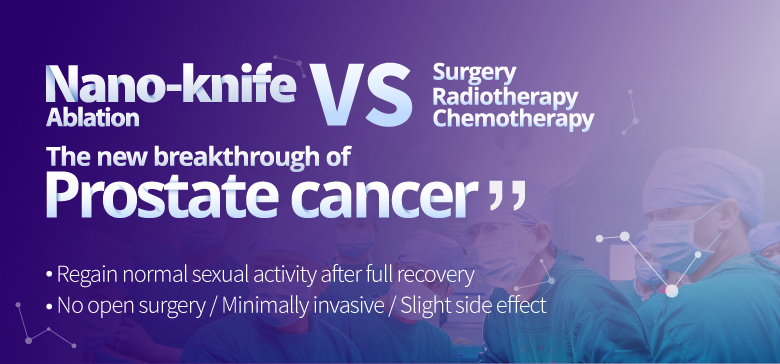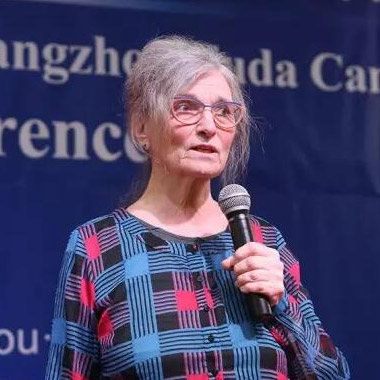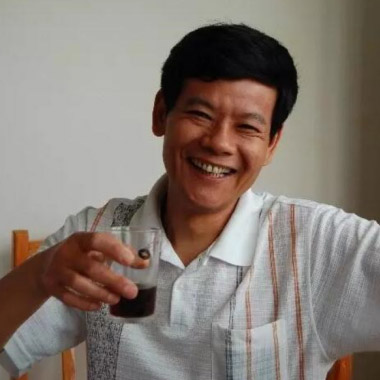- Login ▪ Register
- Message
- Add to favorite
- Website Map
- Select Language
- English
- العربية
- Русский
- India
- Indonesia
- Malay
- 繁體中文
- 简体中文
- ประเทศไทย
- Dansk
 Can prostate cancer be treated properly?
Can prostate cancer be treated properly?
Agony of patients with prostate cancer: missing the best treatment time due to long waiting time in the government hospital? Denied admission by certain hospitals for being too sick? Fuda Cancer Hospital can help! We feature minimally invasive therapy and specialize in the treatment of early, intermediate and advanced cancer.
Traditional surgery: unsuitable for patients with advanced prostate cancer due to large trauma. Chemotherapy and radiotherapy is a common treatment but its toxic and side effects, such as hair loss and vomiting do great harm to human body.
The latest anti-cancer treatments: great improvement of survival rate, low risk, minimum side effects, low recurrence rate and no need for surgery, which can reduce the physical damage and thus are more suitable for frail patients with advanced cancer.
Patient suffering from prostate cancer survives 9 years
Han Linyuan,Singaporean, advanced prostate cancer, surviving for 9 year
In 2010, Mr. Han aged 76 suddenly felt urinary incontinence and prostate pain. After examinations, he was diagnosed with prostate cancer. Then, his friend Dr. Dong told him that Fuda Cancer Hospital in China enjoys advanced cryosurgical technology. After careful consideration, he flew to Guangzhou Fuda Cancer Hospital with his wife and Dr. Dong.
"Eight years ago, I underwent cryosurgical ablation and brachytherapy performed by Prof. Niu Lizhi, the chief surgeon from Fuda. After the surgery, my prostate cancer-related index dropped a lot. The symptoms of ostealgia and urinary incontinence were relieved. Soon I was discharged smoothly," said Mr. Han in the interview. Click here to read his anti-cancer story.

Our Signature Therapies
Various ways to treat cancer without surgery or radiation/chemotherapy
-
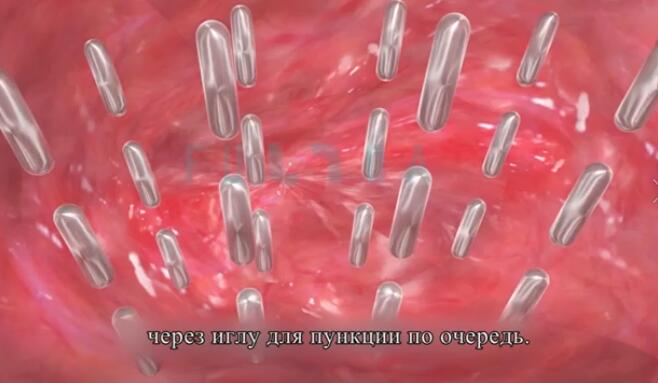
Brachytherapy
It commonly uses 125 iodine seeds which have a half-life period of 59 days and release a short-course of gamma ray. The seeds implanted into cancerous masses radiate to destroy targeted cells, preventing unnecessary exposure of the whole body to radiation. More details
-
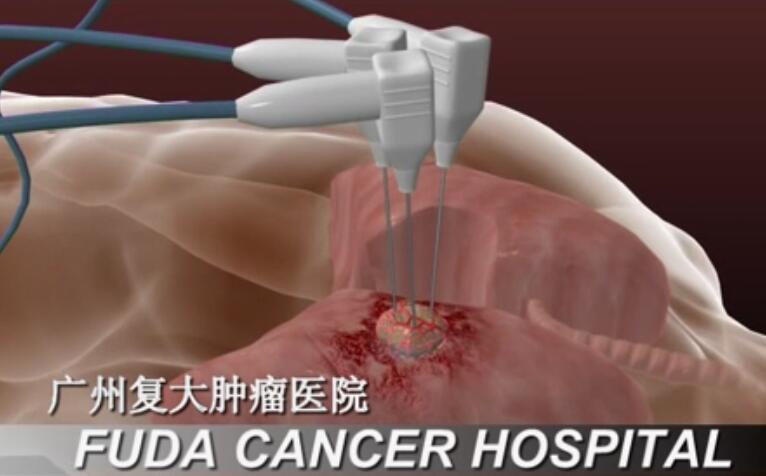
CSA (Cryosurgery Therapy)
The dead tumor tissue in situ after cryosurgical ablation can act as an antigen to promote anti-tumor immune response in the body; frozen cancer cells are more sensitive to chemotherapy or radiotherapy, which can enhance the effect of treatment. More details
-
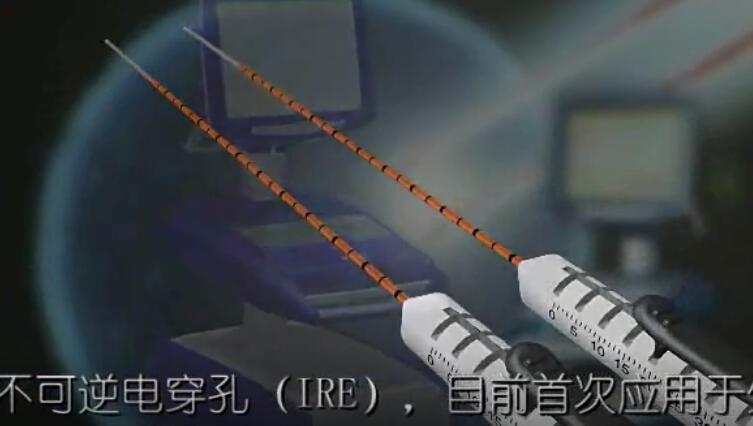
IRE (Irreversible Electroporation)
Irreversible electroporation is also called nano-knife ablation. It can accurately induce tumor cell apoptosis and completely ablate the tumor without irreversible damage to other important tissues in the ablation zone, such as blood vessels, bile ducts, nerves, etc., so that it can reduce complications caused by other traditional ablation methods. More details
-
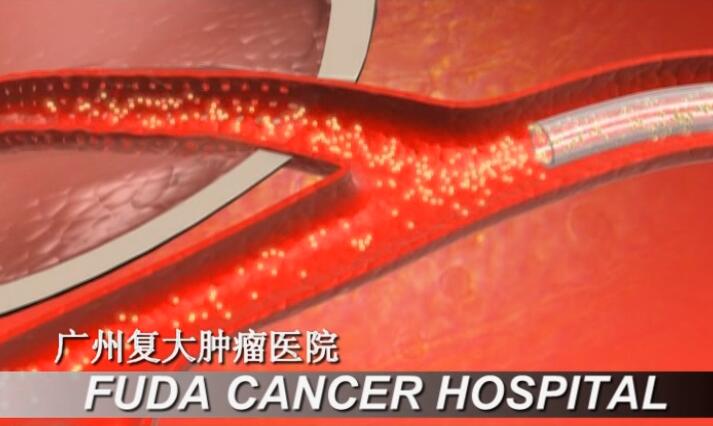
CVI (Cancer Vascular Intervention)
Direct injection of chemotherapeutic drugs or embolic agent into the tumor from the tumor-feeding artery can block the blood vessels, cut off the energy supply, and then the tumor will die of ischemia, hypoxia and starvation. On the other hand, the chemotherapeutic drug is concentrated in the tumor and release slowly, exerting the maximum anticancer effect, while it has little effect on the whole body.
-
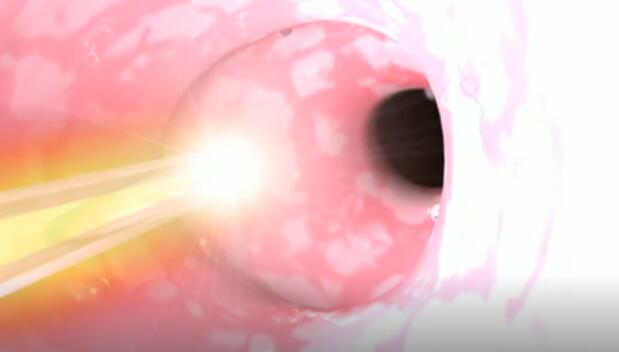
(PDT) Photodynamic therapy
PDT is a non-thermal light chemical reaction and requires oxygen, photosensitive substance (photo-sensitizer) and laser simultaneously. The photo-sensitizer is absorbed by neoplasm tissue and accumulates in the cells for a long time. The photo-sensitizer is activated with the appropriate wavelength of light. This leads to apoptosis of cancer. PDT is more accurate and effective with fewer side effects. More details
-
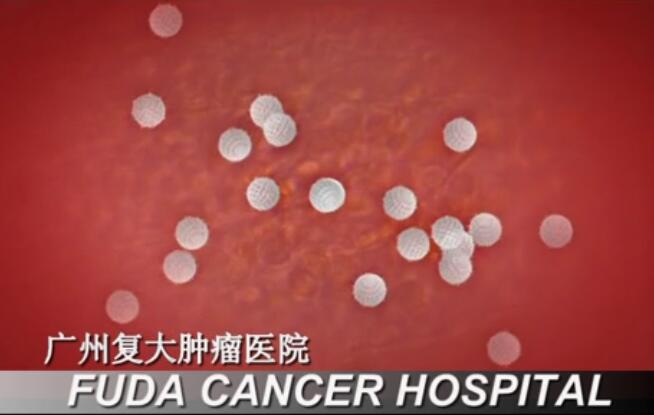
Revolve Resection
Revolve resection is an advanced minimally invasive procedure. It includes surgical instruments of rotary knife and vacuum suction pump, which can perform repetitive cutting on the suspicious lesions and obtain pathological specimens,
Our Signature Therapies
Various ways to treat cancer without surgery or radiation/chemotherapy
Classification of prostate cancer
The World Health Organization divides prostate cancer into adenocarcinoma (acinar adenocarcinoma), ductal adenocarcinoma, urothelial carcinoma, squamous cell carcinoma, and adenosquamous carcinoma from the pathological types. Among them, prostate adenocarcinoma accounts for more than 95%. Therefore, what we usually call prostate cancer refers to prostate adenocarcinoma.
Staging and treatment of prostate cancer
(The treatment plan for each stage of prostate cancer is for reference only and cannot be used as the sole basis for clinical treatment)
• Prostate cancer stage 0: Tis (carcinoma in situ), stage N0, stage M0—the primary tumor cannot be evaluated, and it cannot be palpable or detected by imaging;
• Prostate cancer stage I: T1-T2a stage, N0 stage, M0 stage - tumor confined to the prostate, tumor invades a single page or less;
Phase I treatment plan: surgical resection, integrated traditional Chinese and Western medicine;
• Prostate cancer stage II: T2, N0, M0——tumor confined to the prostate, tumor invades a single page or two lobes;
Phase II treatment plan: Surgical resection, interventional therapy, cryotherapy, particle implantation therapy, nanoknife, microwave ablation therapy, integration of traditional Chinese and Western medicine;
• Stage III of prostate cancer: T3, N0, M0—the tumor breaks through the capsule of the prostate, the tumor invades outside the capsule, and invades the seminal vesicle;
Phase III treatment plan: interventional therapy, cryotherapy, particle implantation therapy, nano-knife, microwave ablation therapy, integration of traditional Chinese and Western medicine
• Prostate cancer stage IV: any T stage, any N stage, M0-M1 stage - the tumor is fixed or invades other adjacent tissue structures other than the seminal vesicle, such as the bladder neck, external urethral sphincter, rectum, levator ani and / or basin walls;
Phase IV treatment plan: interventional therapy, cryotherapy, particle implantation therapy, nano-knife, microwave ablation therapy, gene-targeted therapy, integration of traditional Chinese and Western medicine
• Prostate cancer recurrence: Prostate cancer recurrence often occurs in the prostate gland, surrounding tissue, pelvic lymph nodes, or elsewhere in the body;
Recurrence treatment options: interventional therapy, cryotherapy, particle implantation therapy, nano-knife, microwave ablation therapy, gene-targeted therapy, integration of traditional Chinese and Western medicine
Prostate cancer care and diet
(1) Foods can choose foods that can resist prostate tumors, enhance immunity, diuretic, relieve pain, and regulate sex hormones, such as crucian carp, celery, black fungus, walnuts, soft-shelled turtles, reed leaves, jellyfish, sharks, chestnuts, wax gourd , konjac, mushrooms, mushrooms, plantain, etc.
(2) Fasting mutton, bullwhip, sandworm, sparrow meat and other foods that enhance the level of male sex hormones, and spicy and stimulating foods are prohibited.
 21 anti-cancer treatments: More comprehensive and more professional
21 anti-cancer treatments: More comprehensive and more professional
Routine therapies
Surgery, radiotherapy, chemotherapy, targeted therapy, radiofrequency ablation, chemical ablation, radioactive stent, traditional Chinese medicine, China medicine, percutaneous ethanol injection, anti-angiogenesis
Distinctive therapies
Irreversible electroporation (Nano-knife), cryosurgery therapy, vascular interventional therapy, microsphere interventional therapy, brachytherapy, photodynamic therapy, combined immunotherapy, microwave ablation, microwave hyperthermia treatment, ozone therapy
A brand new beginning
Trust from patients in more than 100 countries around the world
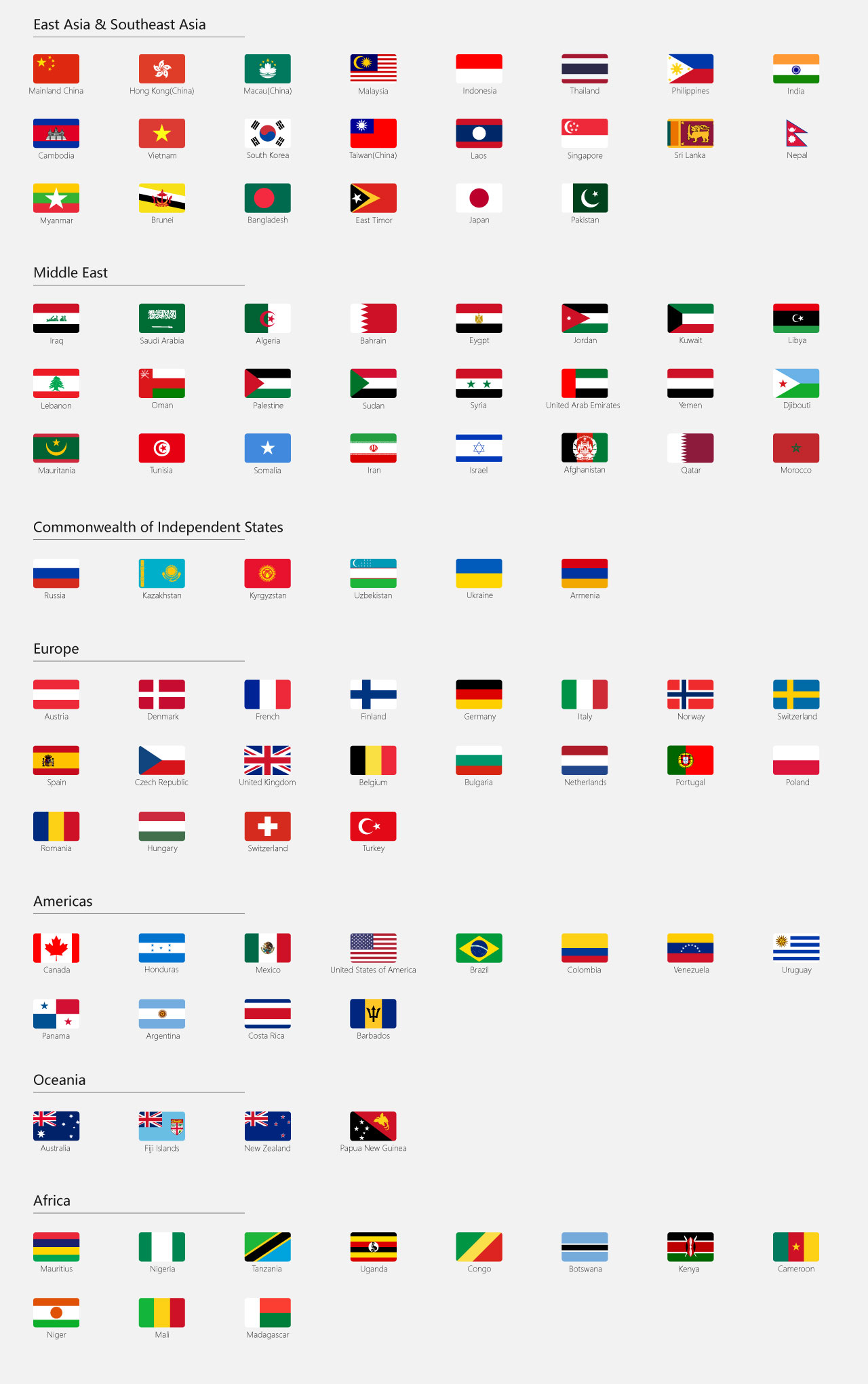

*Patients mainly come from:
Since its establishment, FUDA has already treated patients from over 100 countries, including over 10,000 Southeast Asian patients. FUDA is deeply trusted by its patients.
 FUDA Introduction
FUDA Introduction
Fuda Cancer Hospital is considered one of good cancer hospitals in China by many patients and is affiliated to Jinan University and Translational Medicine Center of Guangzhou Institute of Biomedicine and Health of Chinese Academy of Sciences. As a tertiary hospital, FUDA operates with international standards and was selected as the National Key Clinical Specialty (Oncology) Hospital in 2010. Moreover, Fuda was accredited by the Joint Commission International (JCI), a golden standard of medical service worldwide. As an international cancer hospital, Fuda adopts unique anti-cancer concept (to prolong patients’ quality life) and the latest international minimally invasive therapies (over 20 therapies such as nano-knife ablation, cryosurgery and brachytherapy), which benefited cancer patients from over 100 countries around the world.
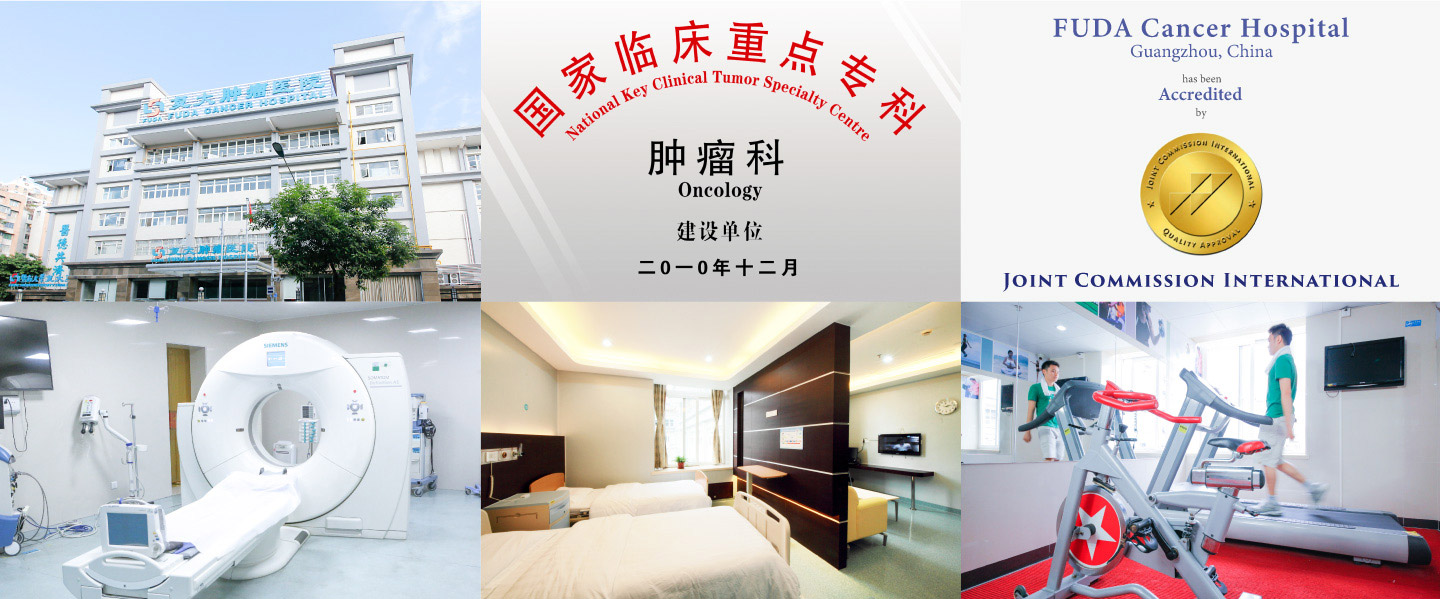
Once diagnosed with cancer, how to choose an effective treatment plan is the key to the success or failure of treatment, especially when the advanced cancer is no longer suitable for radiotherapy and chemotherapy, choosing a correct treatment can effectively extend patients’ life and improve their quality of life.
Guangzhou Fuda Cancer Hospital
地址:中国广东省广州市天河区棠德西路2号
address:No. 2, Tangde Xi road, Tianhe district, Guangzhou, Guangdong, China

